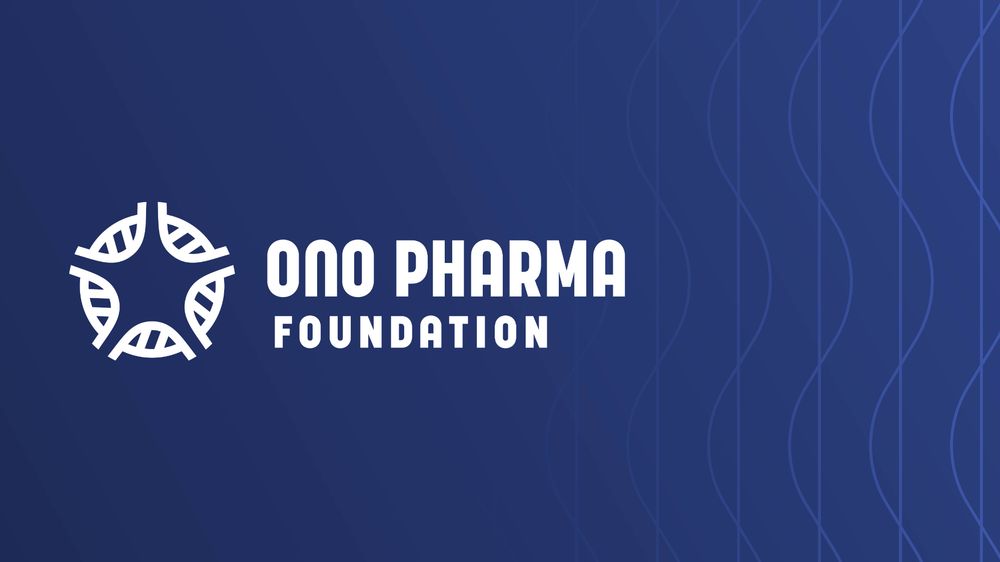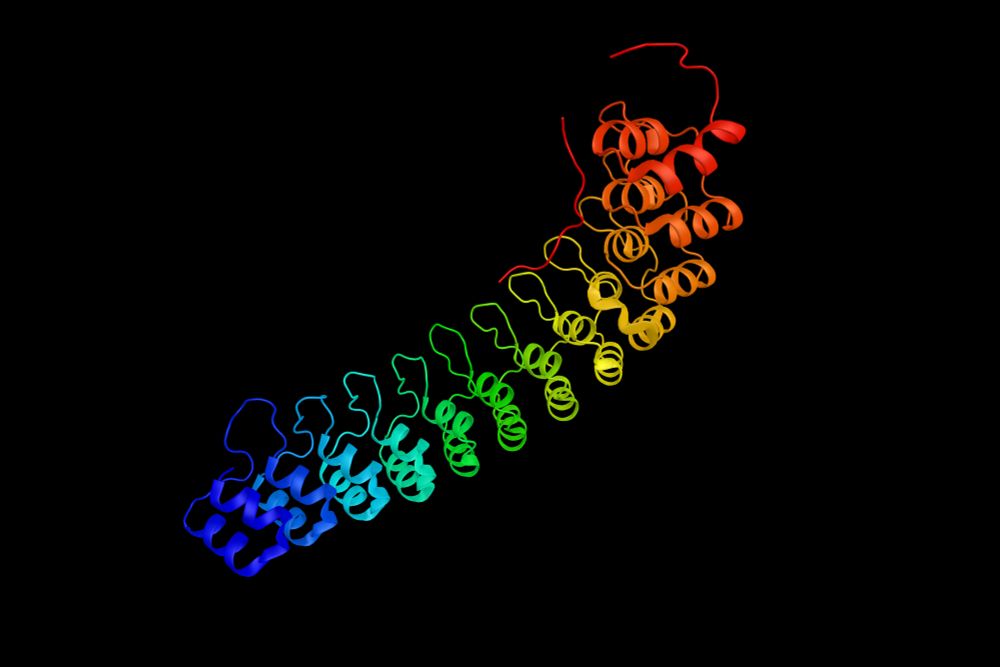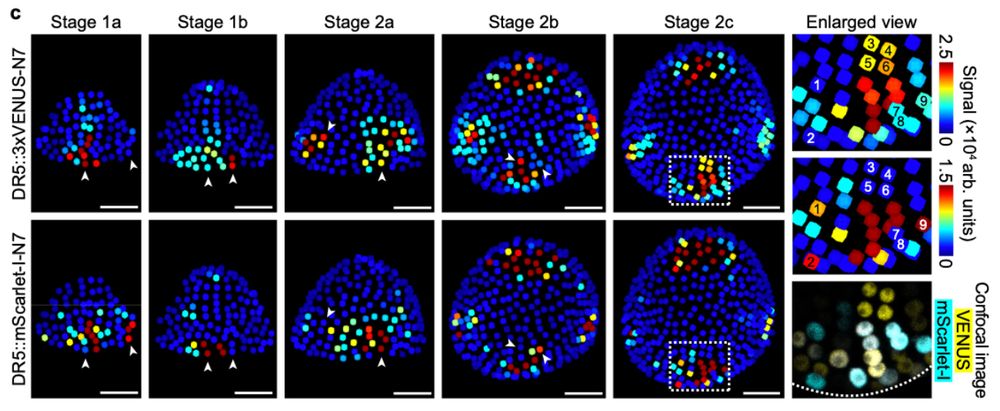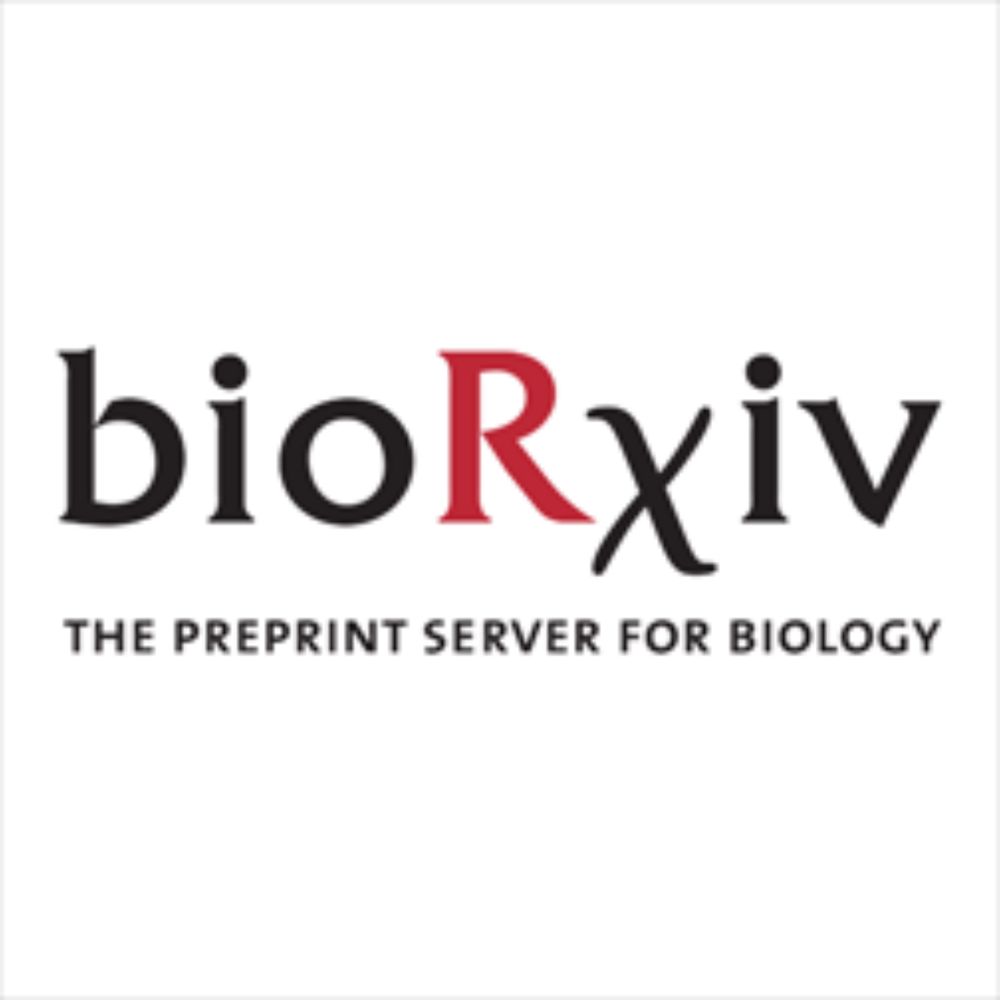









🔗 news.cornell.edu/stories/2025...

🔗 news.cornell.edu/stories/2025...

academicjobsonline.org/ajo/jobs/30607
academicjobsonline.org/ajo/jobs/30607
apps.hr.cornell.edu/recruiting/f...
apps.hr.cornell.edu/recruiting/f...
news.cornell.edu/stories/2025...

news.cornell.edu/stories/2025...
first Trainee Works in Progress Seminar of the fall semester with Mingqin Chang of @fromme-lab.bsky.social




first Trainee Works in Progress Seminar of the fall semester with Mingqin Chang of @fromme-lab.bsky.social

postdoctoral fellow Megan Keller reveals how sugar-phosphate buildup disrupts cell wall synthesis, offering clues to fight drug resistance. news.cornell.edu/stories/2025...

postdoctoral fellow Megan Keller reveals how sugar-phosphate buildup disrupts cell wall synthesis, offering clues to fight drug resistance. news.cornell.edu/stories/2025...

Jeremy Baskin, Cornel University
Stacy Malaker, Yale University
Angad Mehta, University of Illinois Urbana-Champaign
www.onofound.org/news/ono-ini...

Jeremy Baskin, Cornel University
Stacy Malaker, Yale University
Angad Mehta, University of Illinois Urbana-Champaign
www.onofound.org/news/ono-ini...
news.cornell.edu/stories/2025...

news.cornell.edu/stories/2025...


academic.oup.com/plcell/artic...
academic.oup.com/plcell/artic...
Jennifer Prescher, @jeremybaskin.bsky.social, Carsten Schultz, @chembiobryan.bsky.social, @sonjakrane.bsky.social, @pubs.acs.org


Jennifer Prescher, @jeremybaskin.bsky.social, Carsten Schultz, @chembiobryan.bsky.social, @sonjakrane.bsky.social, @pubs.acs.org

ATM controls fork processing and restart, and the PPM1D phosphatase is needed to properly balance this action of ATM.
Congratulations to @yitingcao.bsky.social @yingzhengwang.bsky.social and Jumana Badar.
www.biorxiv.org/content/10.1...

ATM controls fork processing and restart, and the PPM1D phosphatase is needed to properly balance this action of ATM.
Congratulations to @yitingcao.bsky.social @yingzhengwang.bsky.social and Jumana Badar.
www.biorxiv.org/content/10.1...

